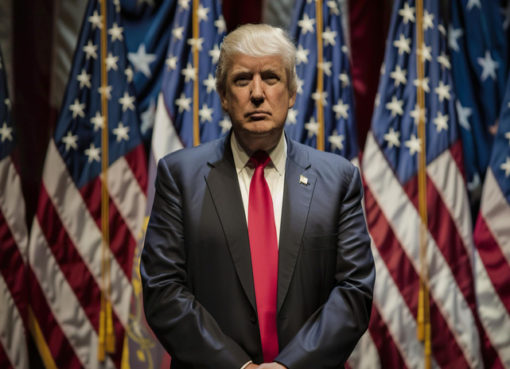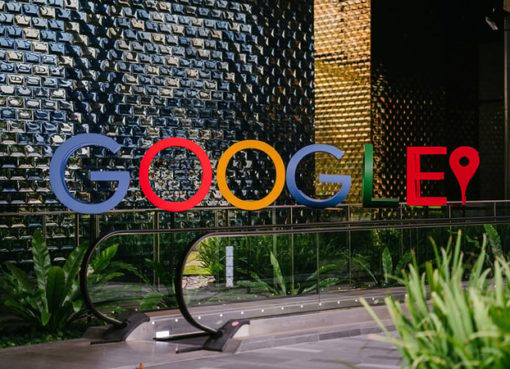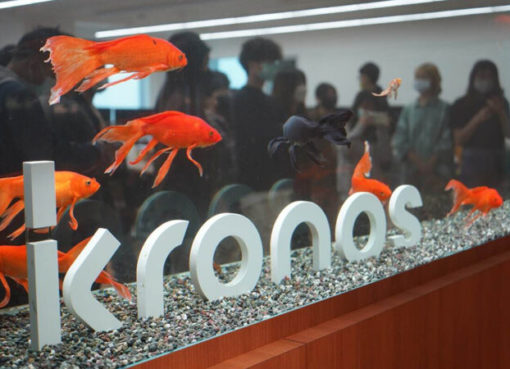Germany is known for its financial conservatism, but crypto adoption in Germany is quietly gaining momentum—thanks in part to Coinbase’s strategic push. Leading the charge is Denny Morawiak, Coinbase’s country director, who’s working hard to change how affluent Germans view Bitcoin (CRYPTO:BTC), Ethereum (CRYPTO:ETH), and even the more playful corners of the crypto market like PopCat (CRYPTO:POPCAT).
Changing the Mindset of a Conservative Nation
Convincing Germans to embrace cryptocurrency is no easy task. The country has a notoriously cautious investment culture, with a 20% savings rate in 2024 (Eurostat), compared to just under 5% in the U.S. (Bureau of Economic Analysis, April 2025). Most Germans still prefer traditional financial products like government bonds and pensions, which offer stability over the volatility of digital assets.
Morawiak believes that crypto adoption in Germany won’t come from memes or hype, but from education and trust. “They’re not just looking for performance,” he says. “They want to understand the product, the risks, and how it fits into their long-term strategy.”
A White Glove Strategy for Wealthy Investors
To boost interest, Coinbase is leveraging a white glove approach—hosting elite events and personalized consultations. Since 2023, Coinbase has been a sponsor of Borussia Dortmund, the Bundesliga giant. This partnership has allowed Coinbase to hold events at the stadium, offering a premium experience that attracts high-net-worth individuals curious about crypto.
“There are already wealthy individuals diversified into crypto,” says Morawiak. “But there’s an even bigger group that’s not yet in. That’s who we’re targeting now.”
This strategy hinges on referrals, loyalty, and education. Attendees bring their friends—people who want to invest but need clarity on tax implications or safer ways to enter the market.
Why Germany Still Hesitates
Part of the hesitation comes from Germany’s robust pension system. Younger workers pay into a system that benefits current retirees, and most people don’t feel the urgency to build private wealth through riskier assets.
“The money I contribute right now goes directly to my grandparents,” Morawiak explains. “So I’m less focused on what happens with that money—it’s not meant for me.”
Combined with a lack of financial education on market investing, this mindset makes crypto adoption in Germany particularly challenging. However, Morawiak sees an opportunity. “We’re a rich country with big companies,” he says. “But we’re a country of relatively unwealthy people. It’s a pity.”
Education First, Hype Last
When asked about speculative assets like memecoins, Morawiak is cautious. PopCat (CRYPTO:POPCAT), for example—a Solana-based (CRYPTO:SOL) token based on a cat meme—is not something he recommends for retirement portfolios.
“I wouldn’t advise anyone to build a pension around memecoins,” he says with a laugh. Instead, the real opportunity lies in showing investors how to treat digital assets as part of a diversified portfolio.
Coinbase’s approach emphasizes responsible investing, not hype. Their Germany team has launched educational campaigns for Borussia Dortmund employees, hoping to demystify crypto for everyday professionals.
Looking Ahead
The formula seems to be working. As Coinbase continues to host exclusive events, Morawiak is fielding more calls from interested clients—some already invested in equities and looking to diversify, others who need handholding through their first crypto transaction.
In a country where financial risk has long been taboo, the path to crypto adoption in Germany may not be fast—but it’s becoming more possible. And for Morawiak, that’s the goal.
“Growth won’t come overnight,” he says, “but it will come through trust and education.”
In the future, Coinbase may expand beyond high-net-worth clients and begin tailoring financial literacy efforts for a younger demographic. This could include university workshops, online tutorials, and collaborations with schools—planting the seeds for long-term change in how Germans view money, wealth-building, and digital assets.
Featured Image: Freepik @ produtizebro




